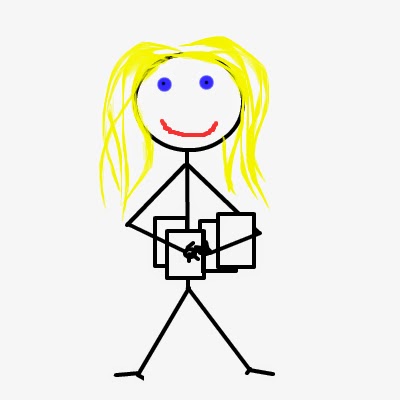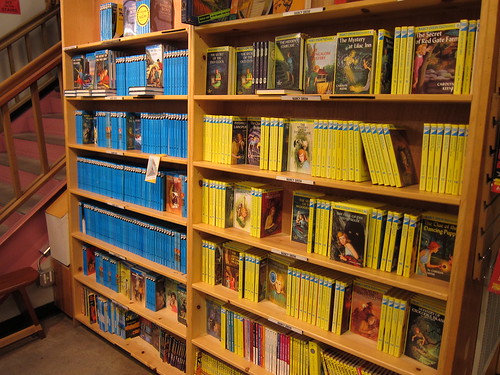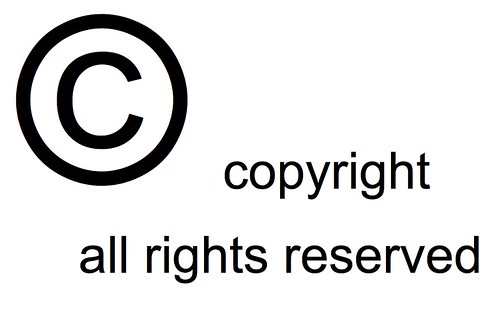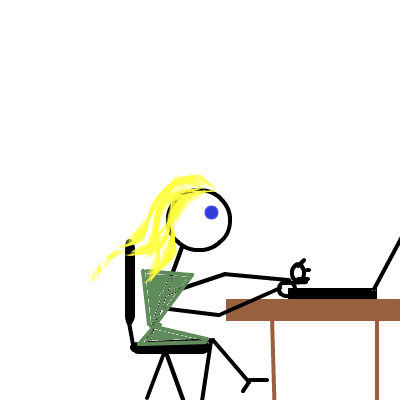Are you a good writer, or a bad one? I’m pretty sure that every single author and would-be author has asked themselves this question. If only the answer was as simple as that. But you’re still going to want to know the answer, and you’ll find yourself searching for validation everywhere. So when you want to test your own storytelling skills, who should you trust to tell you the truth?
To Tell the Truth
Should you keep on climbing that mountain, or throw in the towel? Are you good with dialogue, bad with your narrative, terrible at descriptions or sloppy in your research? You’re going to want to know all of these things at some point, and maybe you’ll want to know them more than once. So who can you turn to for the answer that’s honest? In the literary world, there are many opinions you may want to trust. Should you?


































